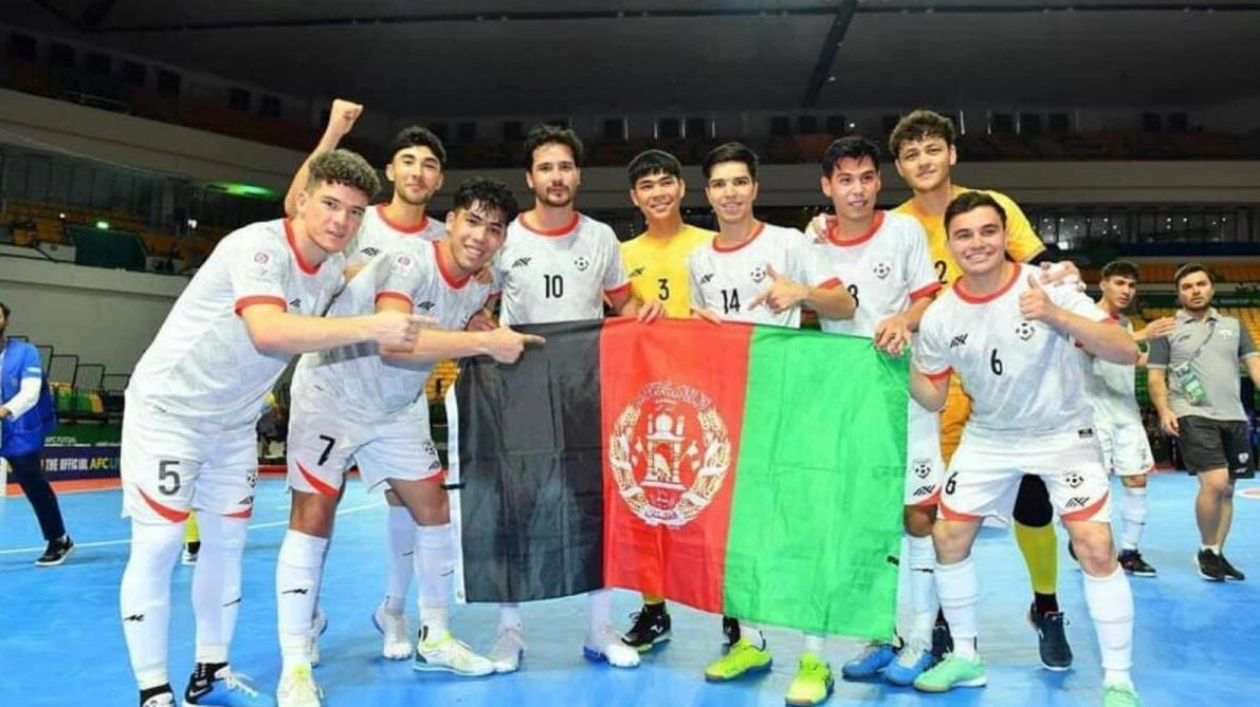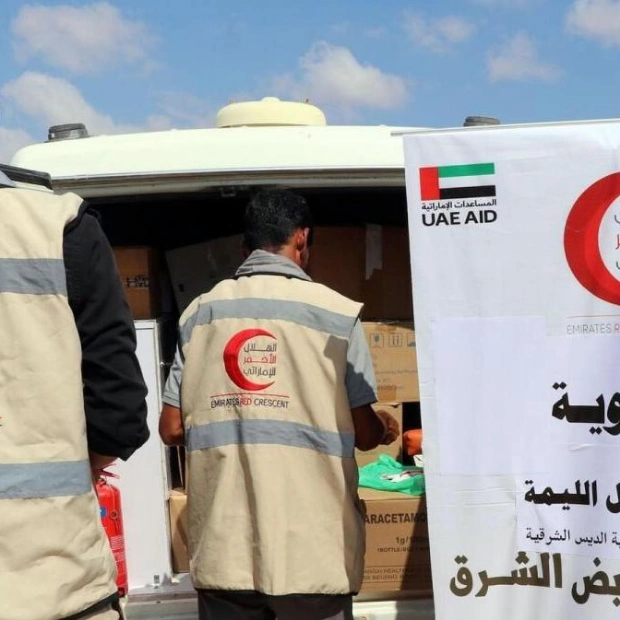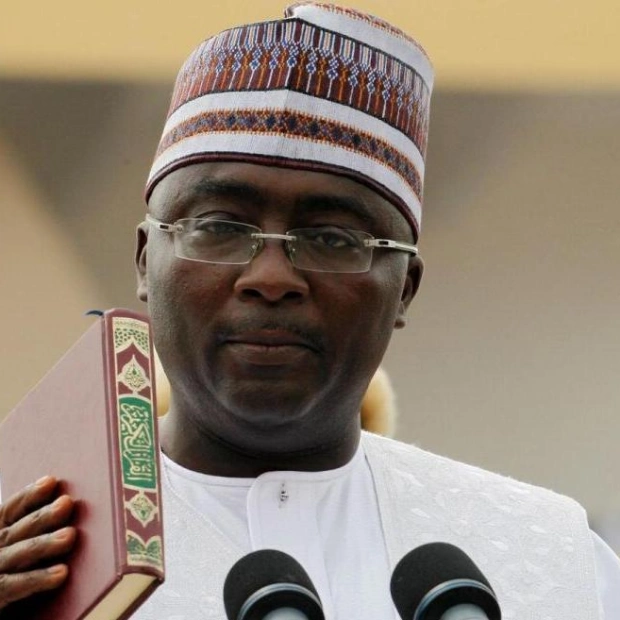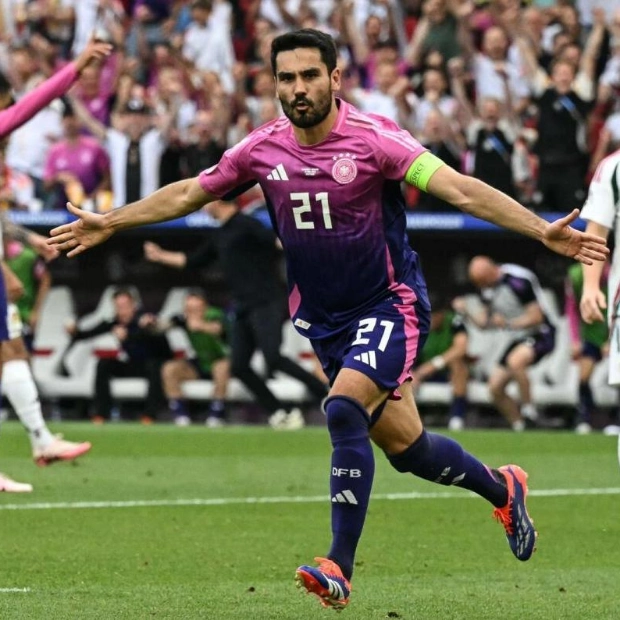Inspired by the remarkable ascent of Afghanistan's national futsal team, Mustafa rises before dawn each day to train at a bustling sports complex in central Kabul. The 21-year-old was elated to witness Afghanistan's debut in the FIFA Futsal World Cup in Uzbekistan this month, competing against formidable teams like Argentina, Paraguay, and Ukraine.
"We feel incredibly happy, it inspires us to dream and realize that nothing is impossible in our lives if we strive hard," he told AFP, expressing his aspiration to represent his country one day. In the group stage, Afghanistan secured a 6-4 victory over Angola, suffered a narrow 2-1 defeat to the 2016 champions Argentina, and lost 4-1 to Ukraine. Nonetheless, they advanced to the knockout round of 16 in the prestigious event.
On Wednesday night, Afghanistan was eliminated 1-3 by Paraguay. Despite the loss, their spirited performance in Tashkent was met with applause from hundreds of enthusiastic Afghan fans watching live on a local Afghan television channel. The World Cup journey may have ended, but for young Afghans like Mustafa, the steady progress of the Afghan team has been a significant source of motivation.
"When you see your team, with the national flag and anthem, reach such heights, it motivates you to be disciplined and pursue your goals," Mustafa said. As the Taliban government remains unrecognized by any state, Afghanistan's national athletes compete under the tri-color flag of the former government, now banned by the Taliban. The national anthem, too, has been effectively banned, as the Taliban prohibits public music.
Despite these challenges, "participating in the World Cup is a historic achievement. Reaching the round of super 16 is a proud moment for all of us," trainer Mahboob Saeedi said, echoing Mustafa's sentiments. However, the infrastructure for the sport in war-torn Afghanistan, facing one of the world's worst humanitarian crises, does not match the passion for it.
Professionals lament the lack of investment in providing standard grounds and funding the sport. "We have great talents in Afghanistan, but we lack sports facilities and buildings, which creates many problems," said Abdul Ahad Rustamzada, manager of the Tolo sports complex. "Youths cannot afford the training fees, yet we do our best to support them," the 37-year-old told AFP.
The stories of the Afghan national futsal team members mirror those of many local enthusiasts. They often work in other professions to support their families, either in Afghanistan or neighboring countries. The team held a preparation camp in Mashhad, northeastern Iran, before heading to Tashkent for the World Cup.
"They have to work to meet their families' expectations, which limits their focus on futsal training," Mustafa said, hoping their performance might attract international attention. Taliban authorities have banned women from sports. However, recent achievements by Afghan athletes in cricket, futsal, and martial arts provide rare moments of joy in an otherwise bleak environment.
"Under current circumstances, Afghanistan reaching the super 16 is a significant achievement," Rustamzada said.






